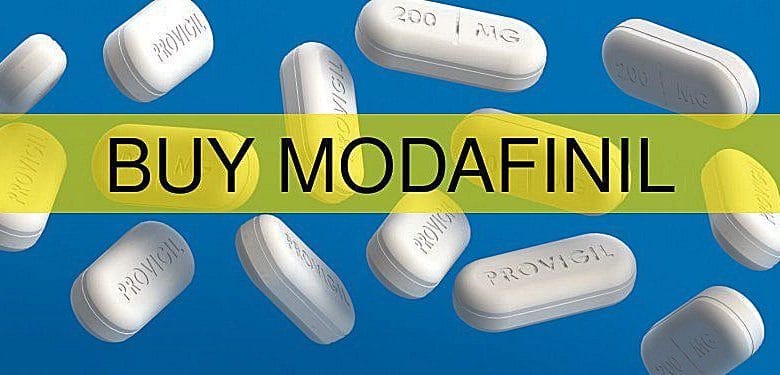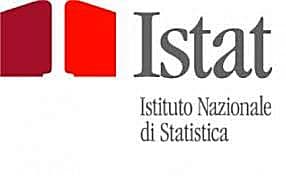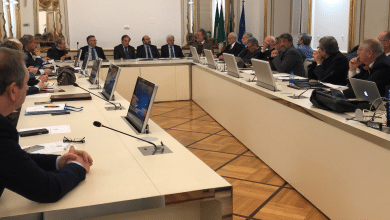
 Teva to pay $1.2 billion to settle US government charges against its subsidiary Cephalon, which allegedly struck deals worth around $300 million with other pharmaceutical companies to delay the arrival on the market of competing generic versions of the anti-insomnia drug Provigil (modalfinil).
Teva to pay $1.2 billion to settle US government charges against its subsidiary Cephalon, which allegedly struck deals worth around $300 million with other pharmaceutical companies to delay the arrival on the market of competing generic versions of the anti-insomnia drug Provigil (modalfinil).
And the Federal Trade Commission (FTC) decision, which has long been determined to safeguard competition on the pharmaceutical market from this type of agreement between companies producing 'brand names' and equivalents. Teva had already agreed to pay a 'fine' in disputes similar to the one linked to Cephalon, which it acquired in 2012, including a $512 million one last April.
The beginning of the story dates back to 2008, when Cephalon was an independent company. “We are delighted to have reached an agreement with the government,” said Teva spokeswoman Denise Bradley. Teva believes it is “the right path for the  our company, for the industry and for the patients we serve”.
our company, for the industry and for the patients we serve”.
The FTC will hold the money in an escrow account that can then be available to pay out supply chain players, including wholesalers, pharmacies and insurers. Teva has also agreed not to enter into similar agreements with other industries in the future.





